In a world where public opinion often drives significant policy changes, few issues have seen a transformation as sweeping and impactful as marijuana legalization in the United States. Election night 2024 delivered a mix of victories and setbacks for cannabis reform advocates. While several initiatives succeeded at state and local levels, others faced formidable obstacles.
Despite these challenges, support for marijuana legalization remains robust, with 68 percent of Americans backing reforms—a 20-point increase over the past decade, according to Gallup data. This enduring support underscores the complex reality of cannabis reform in the U.S., where cultural acceptance often outpaces legislative momentum.
A Decade of Progress, but Challenges Persist
As legalization gains ground in jurisdictions across the country, nearly 180 million Americans now live in areas where adults can legally possess, use, and purchase marijuana. Yet, for every victory, obstacles remind us of the challenges inherent to cannabis reform. This year, Nebraska voters approved two ballot measures to allow medical cannabis, a positive development for patients and advocates. Similarly, Texas cities like Dallas have passed ordinances to prevent arrests for low-level cannabis offenses, a small but meaningful step toward reducing the impact of cannabis criminalization in the state.
Florida, however, presented a stark reminder of the barriers reform advocates face. Despite receiving over 1.2 million more “yes” votes than “no” votes, a statewide initiative to legalize marijuana for adults narrowly failed to reach the 60 percent threshold required for constitutional amendments. Governor Ron DeSantis actively opposed the measure, reportedly investing taxpayer dollars in anti-cannabis messaging. This setback in Florida highlights a persistent divide between public opinion and political influence in some states. It’s a reminder that while the majority may support reform, significant institutional resistance remains in key areas.
The National Landscape: Public Opinion vs. Political Reality
Marijuana legalization has become one of the few bipartisan issues in the U.S., with both major party presidential candidates in 2024 voicing support for amending federal cannabis laws. This shift signals a critical moment in cannabis policy. However, the electoral outcomes in Florida, North Dakota, and South Dakota show that legislative reform is still often a tug-of-war between entrenched political interests and evolving public attitudes.
The varied responses to legalization across different states reveal a patchwork approach to cannabis policy. Some states, such as Massachusetts, are exploring additional reforms, like legalizing certain psychedelics for mental health treatment—a move reflecting a broader acceptance of alternative therapies. Yet, other states, particularly in the South and Midwest, continue to resist change. North and South Dakota, for instance, voted down recreational marijuana measures in 2022 and 2024, despite clear interest from portions of the electorate. In South Dakota, an adult-use initiative initially passed in 2020 but was later overturned by the state Supreme Court, setting a precedent for continued legal and political pushback.
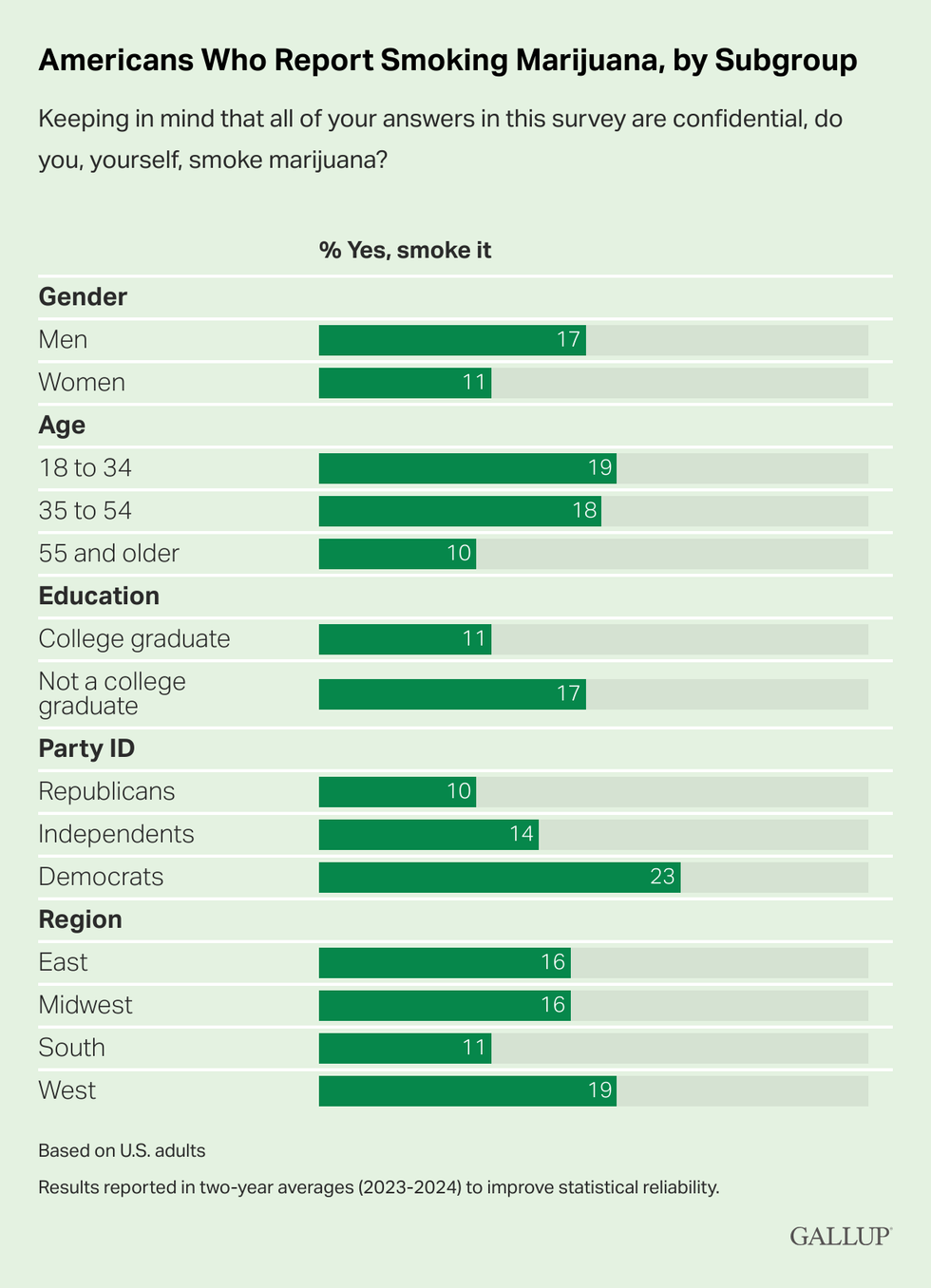
Implications for Public Health and Criminal Justice Reform
One of the strongest arguments for cannabis reform is its potential to transform the criminal justice landscape, particularly for low-level offenses. The new ordinances in Texas, where Dallas and other cities voted to end arrests for minor cannabis infractions, illustrate this potential. These changes could reduce the criminalization of marginalized communities disproportionately affected by past cannabis laws. Even modest reforms like these can have ripple effects, contributing to a larger movement toward decriminalization and a reevaluation of drug policies.
Beyond criminal justice, the implications for public health are considerable. With Nebraska joining the majority of states offering medical cannabis, patients with conditions like chronic pain, epilepsy, and PTSD gain access to new treatment options. However, the patchwork legality of marijuana means patients and doctors alike face an inconsistent regulatory environment, creating confusion over what’s permissible from one jurisdiction to another. For advocates, the long-term goal is clear: a unified approach to cannabis laws that prioritizes both public health and individual freedom.
The Economic Opportunity of Legalization
The cannabis industry represents one of the fastest-growing economic sectors in the United States. States with legal markets for adult-use cannabis have seen billions of dollars in tax revenue, creating funds for public programs, education, and infrastructure. The economic potential of marijuana is particularly important in states where industries like manufacturing and agriculture are in decline. By regulating marijuana, these states have an opportunity to generate significant economic benefits.
In Florida, for example, where the adult-use initiative fell short, proponents argued that legalization could create jobs and boost local economies. The state’s tourism industry could benefit as well, especially if Florida positioned itself as a cannabis-friendly destination. In Massachusetts, where a ballot measure sought to legalize plant-based psychedelics, proponents highlighted similar benefits for both the economy and public health. Despite its defeat, the measure reflects growing interest in both cannabis and other plant-based treatments, opening a door for future conversations about decriminalization and regulated therapeutic use.
NORML’s Deputy Director, Paul Armentano, remains optimistic despite the setbacks seen in some states. “Every movement suffers temporary setbacks. But our consistent upward trajectory is undeniable,” Armentano said, emphasizing that legalization remains a top issue for most Americans. His words highlight the resilience of the cannabis reform movement, which has seen decades of advocacy evolve into tangible policy shifts. Armentano’s perspective suggests that setbacks in places like Florida and the Dakotas are merely roadblocks in a larger journey toward nationwide reform.
One reason for optimism is the growing awareness and public education around cannabis. A decade ago, fewer than half of Americans supported legalization. Today, nearly seven out of ten Americans are in favor. This shift reflects changing attitudes about cannabis as more people recognize its medical benefits and economic potential. Advocates argue that these setbacks will ultimately be temporary, as the trend toward legalization continues to gain momentum.
Federal Reform: The Final Frontier for Cannabis Legislation
The ongoing tension between state and federal cannabis laws creates significant challenges for businesses, patients, and advocates. As long as marijuana remains illegal at the federal level, companies operating in legal states face banking restrictions, tax burdens, and logistical hurdles. Many argue that federal reform is the key to unlocking the full potential of the cannabis industry, creating a unified regulatory environment that would streamline business operations and protect consumers.
This year’s election saw both presidential candidates express support for federal marijuana reform, marking a critical moment in the movement. Advocates are hopeful that this bipartisan acknowledgment of cannabis reform will lead to concrete action. Federal legalization would not only harmonize the patchwork of state laws but also pave the way for research, innovation, and medical applications previously hindered by restrictive policies.
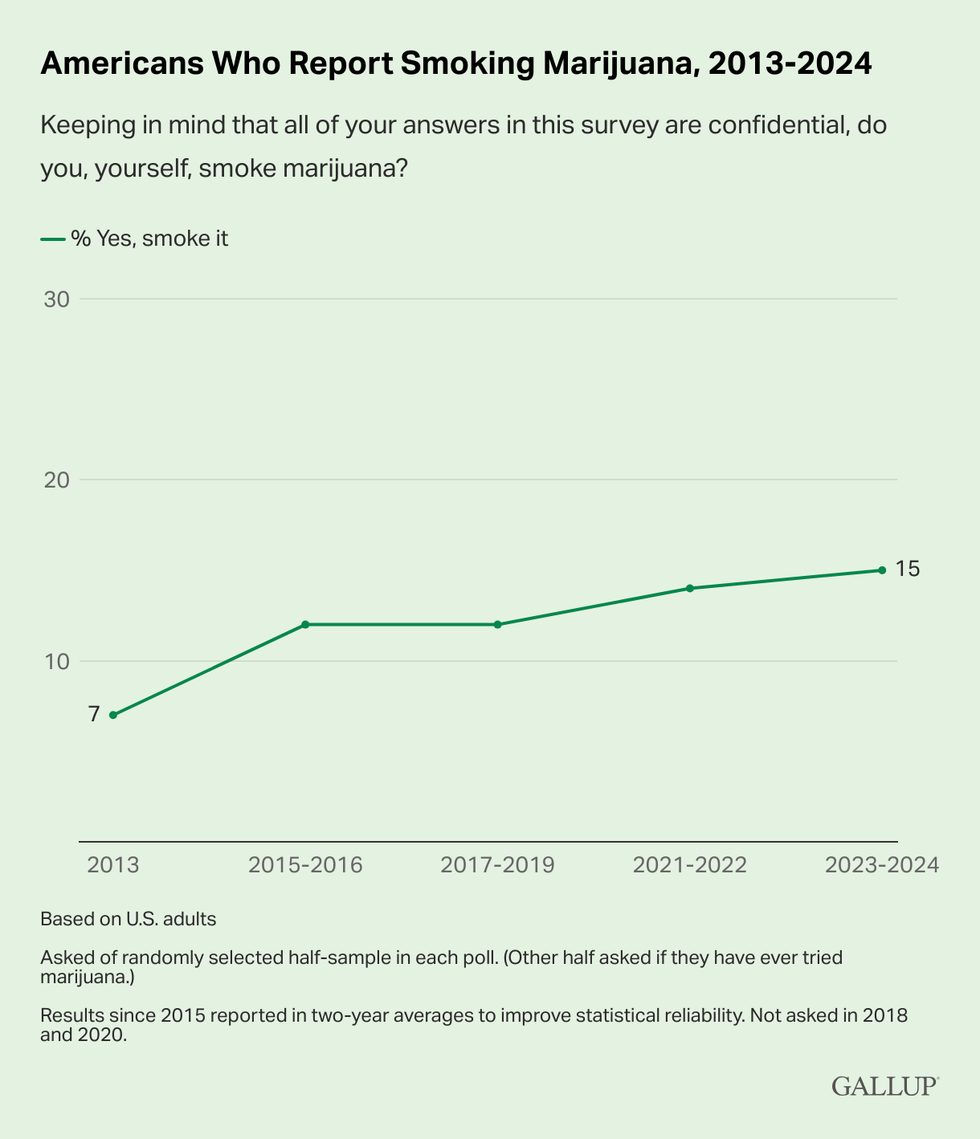
A Call to Action
As the dust settles from election night, cannabis reform advocates are not discouraged. Instead, they see an opportunity to regroup, refocus, and continue their work. The setbacks in states like Florida and the Dakotas serve as a reminder that advocacy is a marathon, not a sprint. NORML and other organizations are already mobilizing to build momentum for the next election cycle, working to engage voters, educate the public, and lobby lawmakers.
Armentano’s comments capture the spirit of this movement: “Setbacks are inherent to political movements. But movements are defined by how advocates respond to them.” With public support reaching historic highs and the economic, health, and criminal justice benefits of reform becoming more evident, the path forward remains promising. The fight for cannabis legalization may be challenging, but as advocates press on, the vision of a fully legal and regulated market across the United States seems closer than ever.
The journey toward full marijuana legalization in the United States is marked by triumphs and setbacks alike. Election night 2024 showcased both the strides made and the hurdles that remain. For every setback in Florida or the Dakotas, there’s a victory in Nebraska or Texas that signals progress. With growing public support, bipartisan interest at the federal level, and tangible benefits for public health, the economy, and criminal justice, the case for marijuana reform has never been stronger.
As the nation edges closer to comprehensive reform, the debate surrounding marijuana legalization continues to evolve. What remains clear is that the majority of Americans believe in the right to make personal choices about cannabis use. In a landscape where public opinion, economic potential, and social justice intersect, the push for legalization is more than a trend—it’s a movement reshaping American society, one vote at a time.







 How to Make a Cannagar Without a Mold: A Comprehensive Guide - The Bluntness
Photo by
How to Make a Cannagar Without a Mold: A Comprehensive Guide - The Bluntness
Photo by 


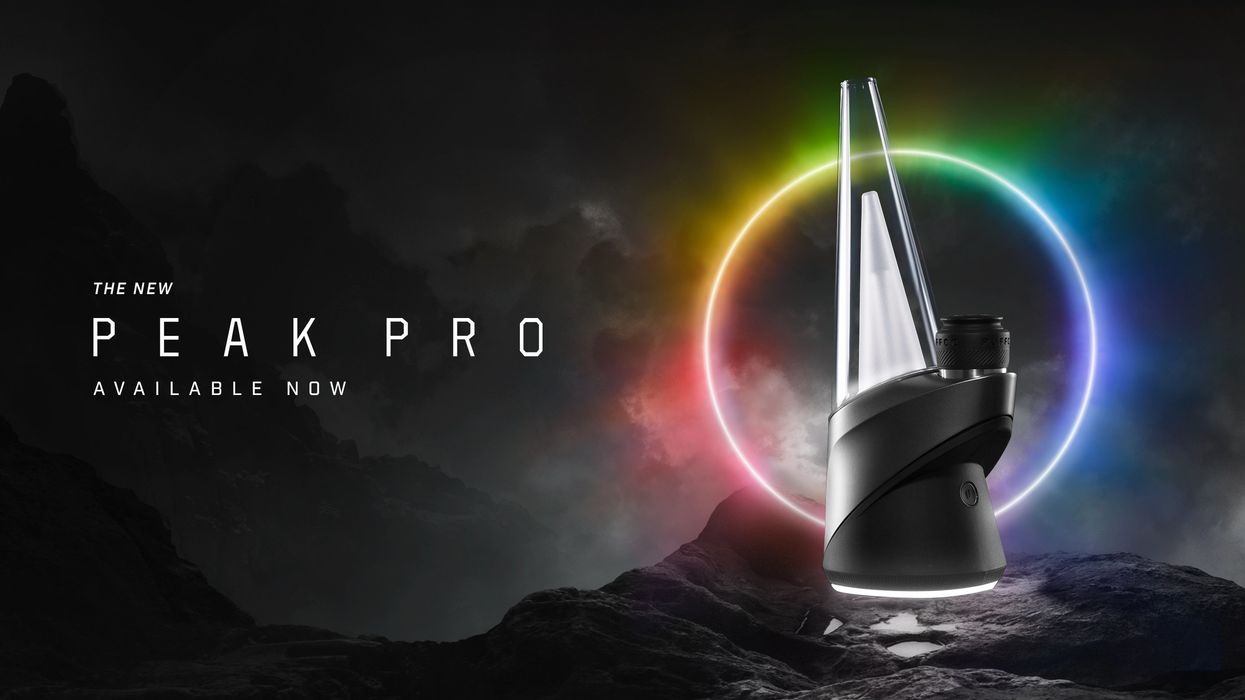



 How to Store Magic Mushrooms
How to Store Magic Mushrooms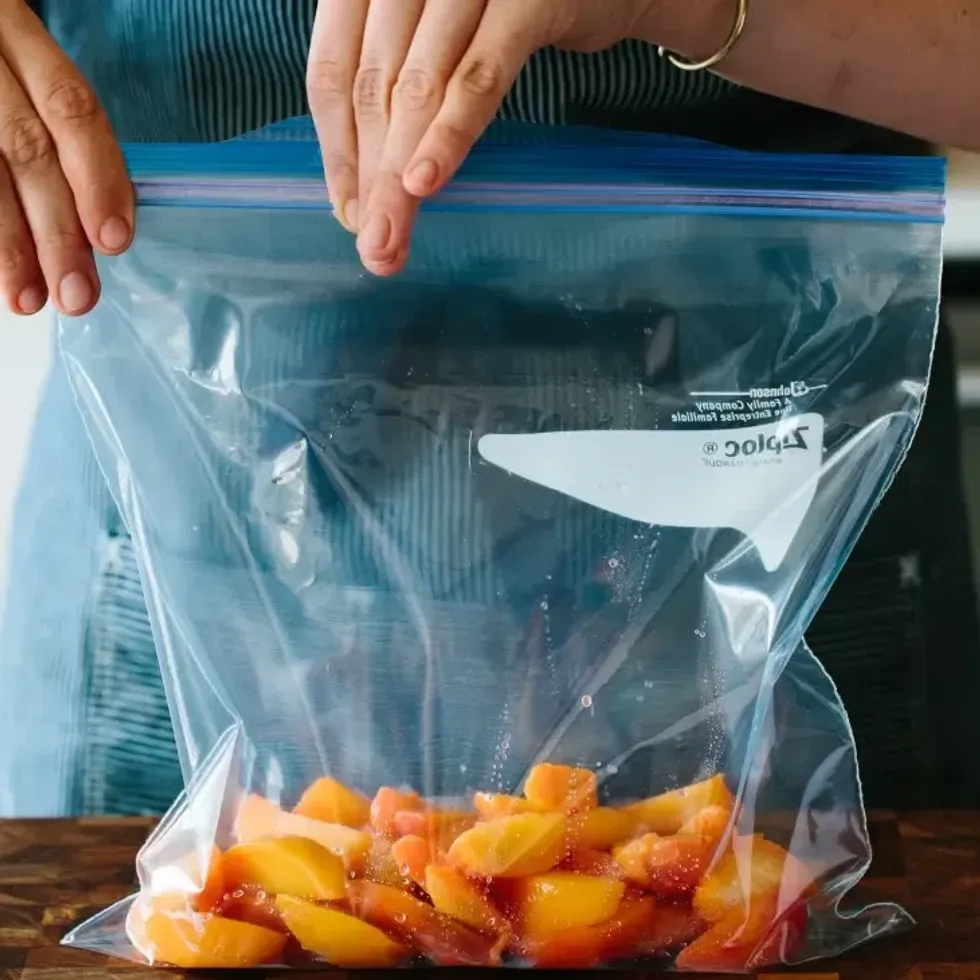 How to Store Magic Mushrooms
How to Store Magic Mushrooms How to Store Magic Mushrooms
How to Store Magic Mushrooms How to Store Magic Mushrooms
How to Store Magic Mushrooms How to Store Magic Mushrooms
How to Store Magic Mushrooms
 Can Drug Dogs Smell Edibles? - The Bluntness
Photo by
Can Drug Dogs Smell Edibles? - The Bluntness
Photo by  Can Drug Dogs Smell Edibles? - The Bluntness
Photo by
Can Drug Dogs Smell Edibles? - The Bluntness
Photo by 
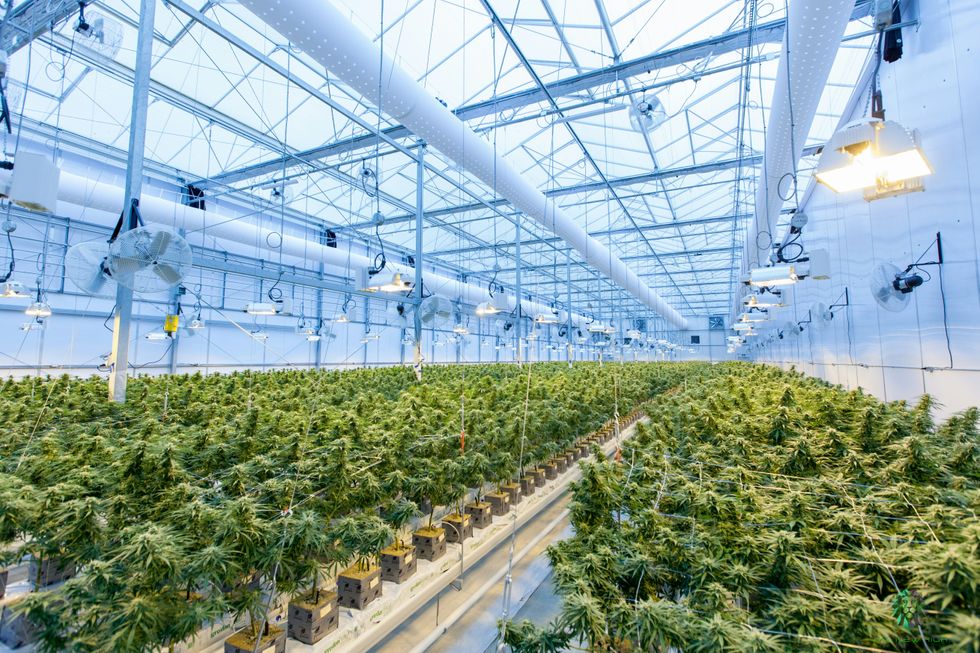 When it comes to pricing, cultivation methods matter - The Bluntness
Photo by
When it comes to pricing, cultivation methods matter - The Bluntness
Photo by 
 The Travel Agency Lands in SoHo - The Bluntness
The Travel Agency Lands in SoHo - The Bluntness The Travel Agency Lands in SoHo - The Bluntness
The Travel Agency Lands in SoHo - The Bluntness The Travel Agency Lands in SoHo - The Bluntness
The Travel Agency Lands in SoHo - The Bluntness The Travel Agency Lands in SoHo - The Bluntness
The Travel Agency Lands in SoHo - The Bluntness